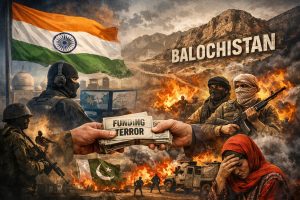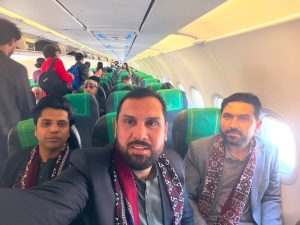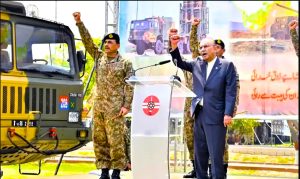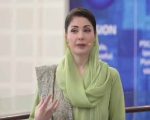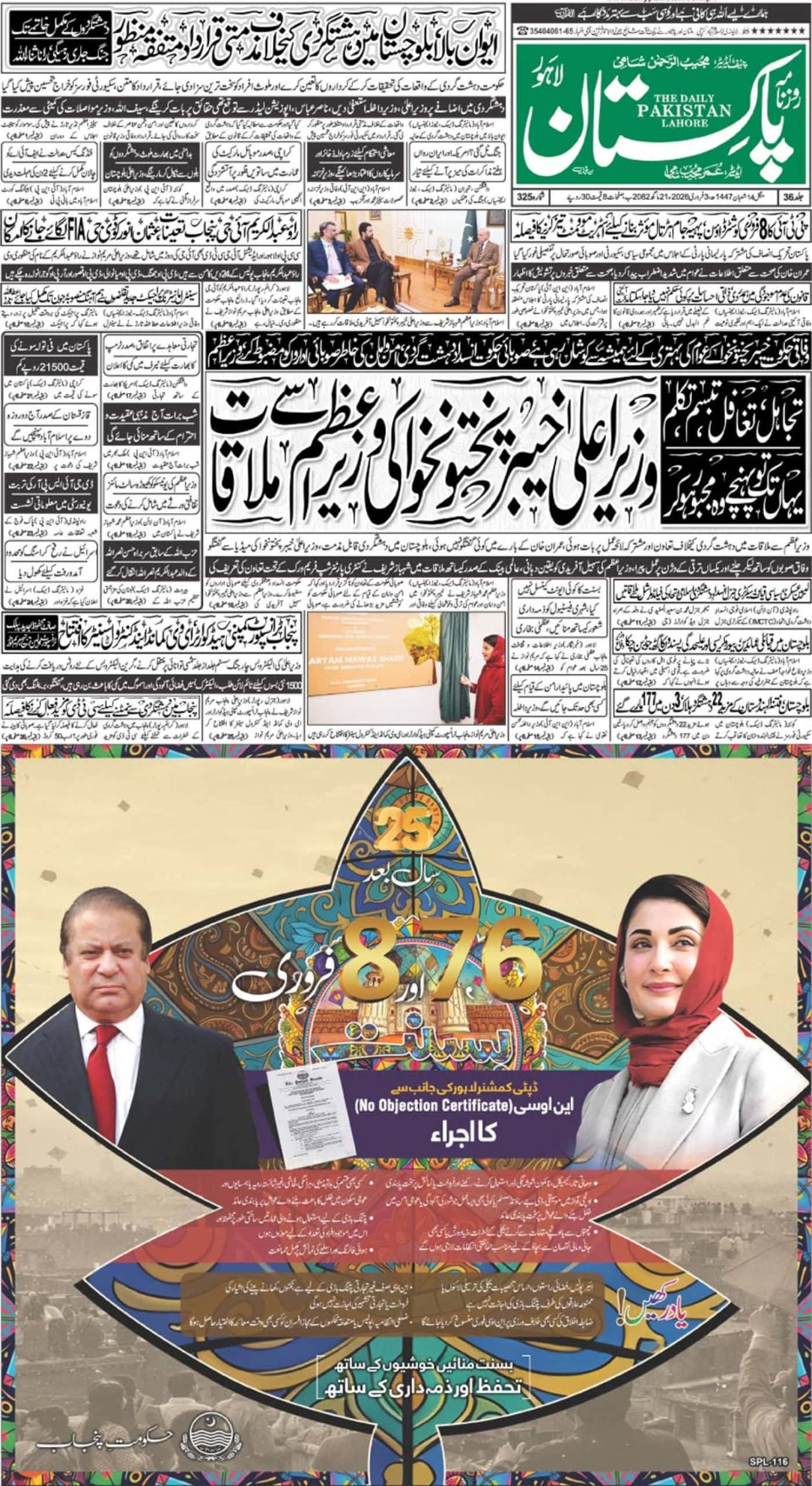In General Pervaiz Musharraf’s era, a national vision was formed called ‘Vision 2030’, a clear picture of the expected challenges and consequential emerging our nation will have to oppose. Vision 2030 was considered as an important milestone, fully informing pressure on knowledge is a principal to our future progress. With prospects to the opportunities mentioned in Vision 2030, great concentration is put towards education. Pakistan in regards to development has put forth its commitment to raise literacy and education by tutoring policies at both domestic and international level. Vision 2030 is a strategy to enhance educational facilities, literacy rate and capacity structuring in the institutes. The query is: “ Is our educational policy in sync with the Vision 2030 goals? “ It is credited in the Constitution of Pakistan to deliver free and obligatory education to every children in-between age of 5-16 years. Education is deemed as the competitive defence of its nation. But the subjugated state of education in Pakistan carries an ample declaration about the truth that it is unable to secure its own sector. However 62 years have been swept away and a number of action plan and policies have been introduced, still our education sector is lingering for a rescuer. A great deal of investment has been put towards education in the government of Pervaiz Musharraf and a distinguishable positive educational change was happened in the society. It is in the Constitution of Islamic Republic of Pakistan, “ The state of Pakistan shall remove illiteracy and provide free and compulsory secondary education within minimum possible period.” According to the records from UNESCO, Pakistan being the 6th largest country in the world is unable to provide basic education to its people. Some of the problems in our education system are; our system is based on a unequal scale. Medium of our education in private sector is entirely different from the public sector. It is the main cause of division in to segments of our society. Unbalanced spatial structures between different regions (Punjab prioritised over Balochistan), this kind of regional disparity is one of the reasons of low literacy rate. Gender discrimination is also affecting our literacy rate, fewer girls are enrolled into school, college and universities than boys due to the mentality and misconception that it is not necessary for girls to get higher education. Lack of technical training and education is the biggest flaw in our policy. The focus on technical education has never been made, due to which we lack in the progress towards development. It is really important to produce efficient and skilled work force. We have less funds for education. 2.4% GDP is spent on education which is not adequate to raise quality of education. The teachers hired in private schools are professionally qualified and trained whereas the teachers in government schools are untrained, mostly those who do not get any job and try their luck in public and educational sector. When teacher themselves are not professionally trained, skilled and qualified so how can they train and taught a nation? Poverty is another main reason for low literacy rate. People who belong from a less privileged and under developed areas prefer to send their children to work instead of schools or send them to madrassas. There is a demand to formulate new national educational policies and implementation of Vision 2030 goals. It is difficult for a government to implement a uniform education system throughout the country due to the current situation, but to overcome illiteracy a new uniform curriculum can be administered. Uniform curriculum will be a source for children in rural areas to overcome illiteracy and compete with the schooling system of urban areas. Both government and non-government sector needs to join hands together to promote awareness. Provision of basic facilities to rural areas will help them to progress. Already existing training centres needs to be furnished and maintained to produce more skilled workers. Sharing success stories, implementations and making modifications in the system can generate positive results. Technical education should be made compulsory part of our education system. Economic incentives should be provided to the students to encourage them and their parents to send them to schools. Funds for education should be spent by need as local government system helps in promoting literacy and education. Corruption from every sector needs to be eliminated, a special monitoring system should be developed to maintain check and balance. Legislation should be formed by the provinces to design educational policies and for an improved education system as education is the provincial subject after the 18th amendment. Students should be provided with a facility of career counselling in schools to eliminate unemployment from the society. Education is important for all of us to earn bread and butter and secondly for prosperity and learning. These reforms cannot be brought into action by government only, both public and private sector should collaborate with each other to withdraw majority of our population from illiteracy. Similarly our youth is our asset, so it is our devoir to be a helping hand to them.
Related News
Advertisment
Latest
Airfares, train tickets soar ahead of Basant festival in Lahore
Feb 3, 2026 | 11:18 pm
Suspect arrested for harassing Rabi Pirzada
Feb 3, 2026 | 10:54 pm
Basant allowed only in Lahore, clarifies CM Maryam Nawaz
Feb 3, 2026 | 10:38 pm
PSL 11: Lahore Qalandars release Haris Rauf and Fakhar Zaman
Feb 3, 2026 | 8:00 pm


